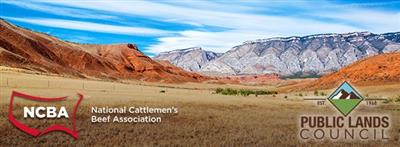|
Wyoming Rancher to Congress: “Let Us Loose!”
538
previous post
Subscribe
0 Comments
Oldest


